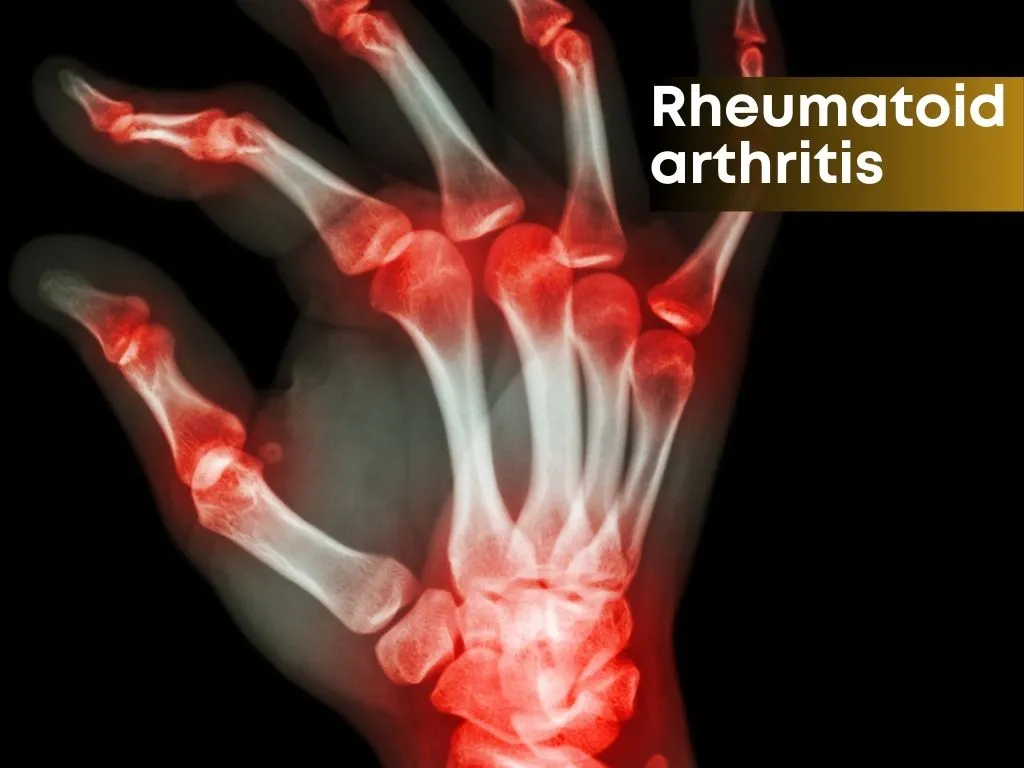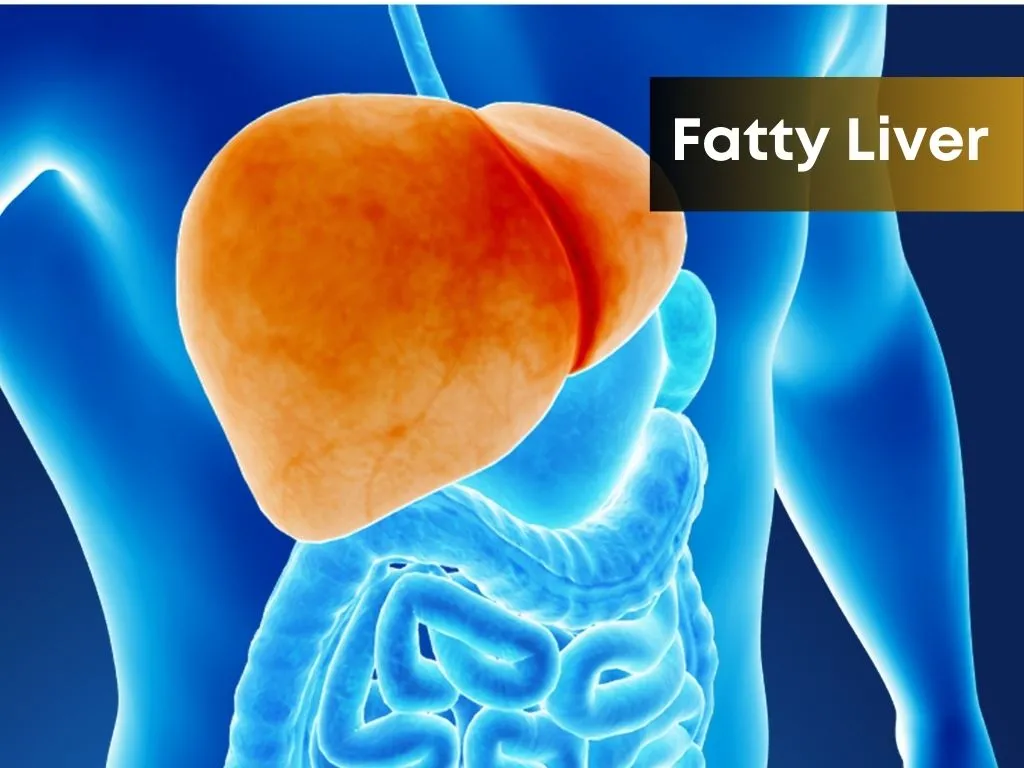Overview
A stomach ache, also known as abdominal pain or abdominal discomfort,
refers to any pain or discomfort felt in the area between the chest and
the pelvis. The abdomen contains various organs, including the stomach,
intestines, liver, gallbladder, pancreas, and kidneys, so abdominal pain
can stem from a wide range of causes. Stomach aches can vary in
intensity, duration, and location, and they may be accompanied by other
symptoms depending on the underlying cause.
Causes
IndigestionGastroenteritisGastritisPeptic UlcersGallstonesAppendicitisIrritable Bowel Syndrome
(IBS)Food Allergies or
IntolerancesConstipationKidney StonesMenstrual Cramps
Symptoms
Pain or DiscomfortBloatingChanges in Bowel HabitsHeartburn or Acid RefluxNausea and VomitingLoss of AppetiteFeverDiarrhea or ConstipationFatigue
Treatment: Modern Medicine
AntacidsProton Pump Inhibitors (PPIs)H2 Receptor AntagonistsProkineticsAntibioticsAntiemeticsAntispasmodicsAnalgesics
Treatment: Traditional Medicine
Dietary ChangesRestHeat TherapyHydrationHerbal TeaGingerFennel SeedsRice WaterBananasCurd /YogurtRice and ToastWarm CompressAcupressure
Caution
Caffeinated sodasDairySpicy foods
Prevention
Eating a
healthy dietDrinking
lots of waterExercising
regularlyEating
smaller meals
 Nalamaree Team
Nalamaree Team




















.jpg.webp)
